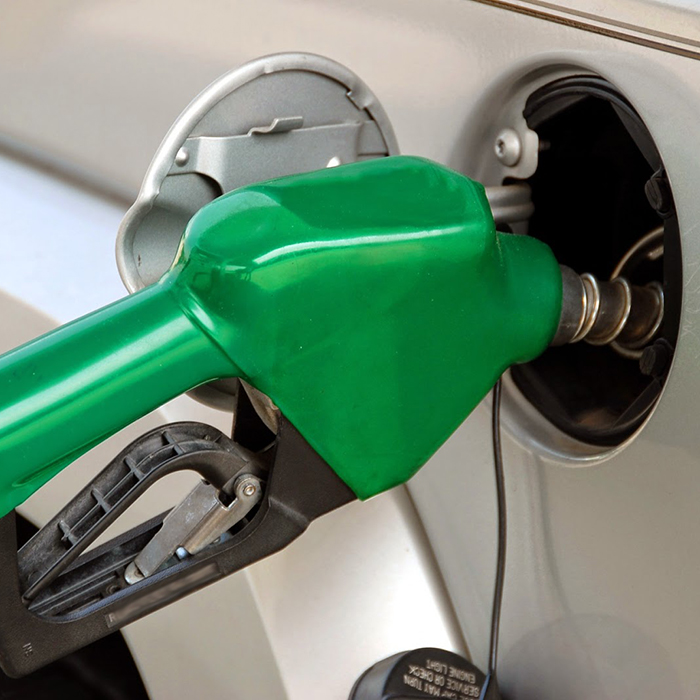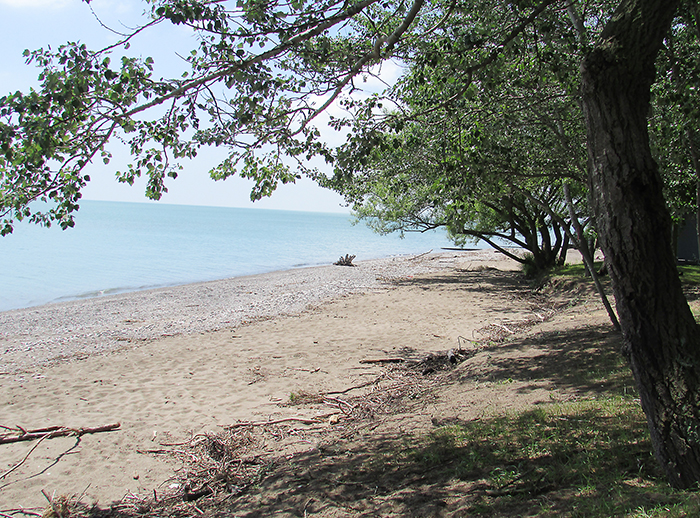
Chatham-Kent Mayor Randy Hope has blasted the provincial government’s planned increase in gasoline and natural gas taxes as a kick in the teeth of rural communities.
“This is typical Queen’s Park thinking,” he said. “They see a problem and knee jerk a solution without taking the time to understand the consequences of their actions.”
Premier Kathleen Wynne recently announced the cap-and-trade measures as a way to deal with greenhouse gas emissions (GHG).
It aims to raise $1.3 billion through a four cent per litre tax on gasoline and a $5 to $6 monthly increase in natural gas cost for the average home.
The measures are expected to become law next January.
Hope said instead of going after rural Ontario, the province should be looking at the issue from the perspective of where the pollution is taking place.
“You have thousands and thousands of cars sitting idle in Toronto every day because of traffic congestion,” he said. “That’s where the CO2 problems exist.”
He said the correct approach would be to raise license plate fees for those in the GTA.
“Urban residents have all kinds of options for mass transportation such as the GO trains, subways, streetcars and buses,” he said. “Residents should be using those more. Here in Chatham and other rural areas, we don’t have that option. We have to drive longer distances, not by choice, but by necessity and we get penalized.”
Hope said the charge on natural gas could hamper investment and expansion of the service.
Chatham Mazda from Chatham Voice on Vimeo.
“Natural gas availability is an economic driver in rural areas. We have enough economic issues in Ontario without the province adding on taxes for resources we need to grow our economy. It’s very short sighted thinking.”
He said there are restrictions and taxes in cities around the world for personal automobiles.
“Look at Beijing where you can only drive on certain days depending on your license plate number or Shanghai where they have restrictions to cut down traffic. It’s doable if you have the will.”
He said much like provincial plans to require an environmental assessment for at-risk species every time work was done on drain ditches, Queen’s Park has no idea about the world outside of the GTA.
“We have thousands of kilometres of drains and it would have cost us hundreds of thousands of dollars for something that wasn’t necessary,” he said. “It may look great in text book theory, but in practical experience it makes no sense.”
Under the draft regulations, the province’s top 100 industrial greenhouse gas emitters won’t face restrictions until 2018. Some sectors will have to reduce emissions by four per cent until 2020.






